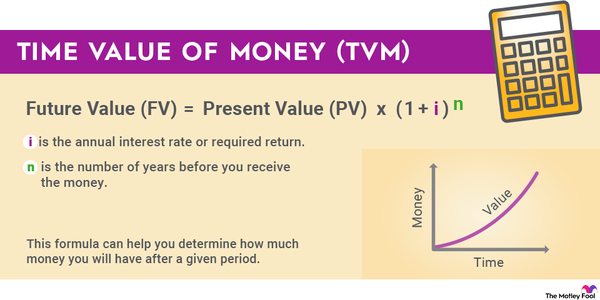Taxable income is the amount of income subject to taxes after deductions and exemptions. Generally, any amount included in your income above the deductible amount is subject to taxation unless it's specifically exempted as nontaxable income.

What is taxable income?
What is taxable income?
Taxable income is the amount of your gross income that's subject to taxes. It's used to calculate how much you owe to the government.
Typically, it's equal to your adjusted gross income minus your deductions.
Taxable income includes any payments that are available to you in the year, even if you don't actually take possession of the money. For example, say you receive a check in late December that you don't cash until January. It still counts as income received in the prior year. The same applies to income received by an agent on your behalf. It's still considered taxable income in the year the agent receives it, not when you take possession of it.
Sources of taxable income
Sources of taxable income
The following is a list of common sources of taxable income:
- Employee compensation, including wages, salaries, fees, tips, fringe benefits, and stock options.
- Business income, including Schedule C self-employment income. This may also include rental income from personal property if you conduct yourself as a business.
- Pass-through income from partnerships or S corporations.
- Investment income, including capital gains and dividends.
- Royalties from copyrights, patents, and oil, gas, and mineral properties.
- Miscellaneous income such as gambling winnings, canceled debts, or unemployment compensation
Some income may be exempt from taxation. Sources of non-taxable income include:
- Gifts and inheritances.
- Life insurance payments.
- Welfare payments.
- Child support.
- The value of meals and lodging provided by your employer on business premises.
Even if you receive non-taxable income, you may still need to report their values on your tax return.
Federal Income Tax
How to calculate taxable income
How to calculate taxable income
Calculating your taxable income is a fairly straightforward process.
Step 1: Gross income
Collect all your tax documents, like a W-2, 1099, or K-1. Add up the totals on each document to get your gross income.
Step 2: Adjusted gross income
Once you have your gross income, you adjust your income for certain items. These "above-the-line" deductions include retirement account contributions, student loan interest, healthcare expenses, or tuition expenses. Subtract their total from your gross income to get your adjusted gross income.
Step 3: Deductions
You can either take the standard deduction or itemize deductions.
Itemized deductions include property taxes, mortgage interest, state and local taxes or sales tax, charitable contributions, unreimbursed medical expenses, and gambling losses. If the total amount of deductible expenses is less than the standard deduction, simply use the standard deduction.
Step 4: Taxable income
Your taxable income is your adjusted gross income minus your deductions.
Related investing topics
How to lower your taxable income
How to lower your taxable income
Nobody likes paying more taxes than they have to. Luckily, there are ways to lower your taxable income.
The general idea of lowering your taxable income is to defer items that will add to your taxable income and pull forward items that will lower it.
If you can defer income from one year to the next year, you can temporarily lower your taxable income. Remember, though, your taxable income is determined by when payments are made available to you, not when you take possession. So if you delay cashing a check until January, you won’t lower your taxable income.
But if you can get a client to pay you in January instead of December, it could benefit you. Of course, you’ll be on the hook for the additional income the following year still. But if you expect your income to be lower next year, it may make sense to defer compensation.
Another method to lower taxable income is to increase your retirement account contributions or other tax-deductible savings accounts like a health savings account. These above-the-line deductions may also lower your adjusted gross income to the point where you qualify for more tax credits, further reducing your tax bill.
If you expect your itemized deductions to exceed the standard deduction, increase your deductible expenses. Give more to charity. Pay your January mortgage payment in late December to add an extra month of mortgage interest to your deductions.
The above examples should provide you with some ideas on how to lower your tax bill come April.


































